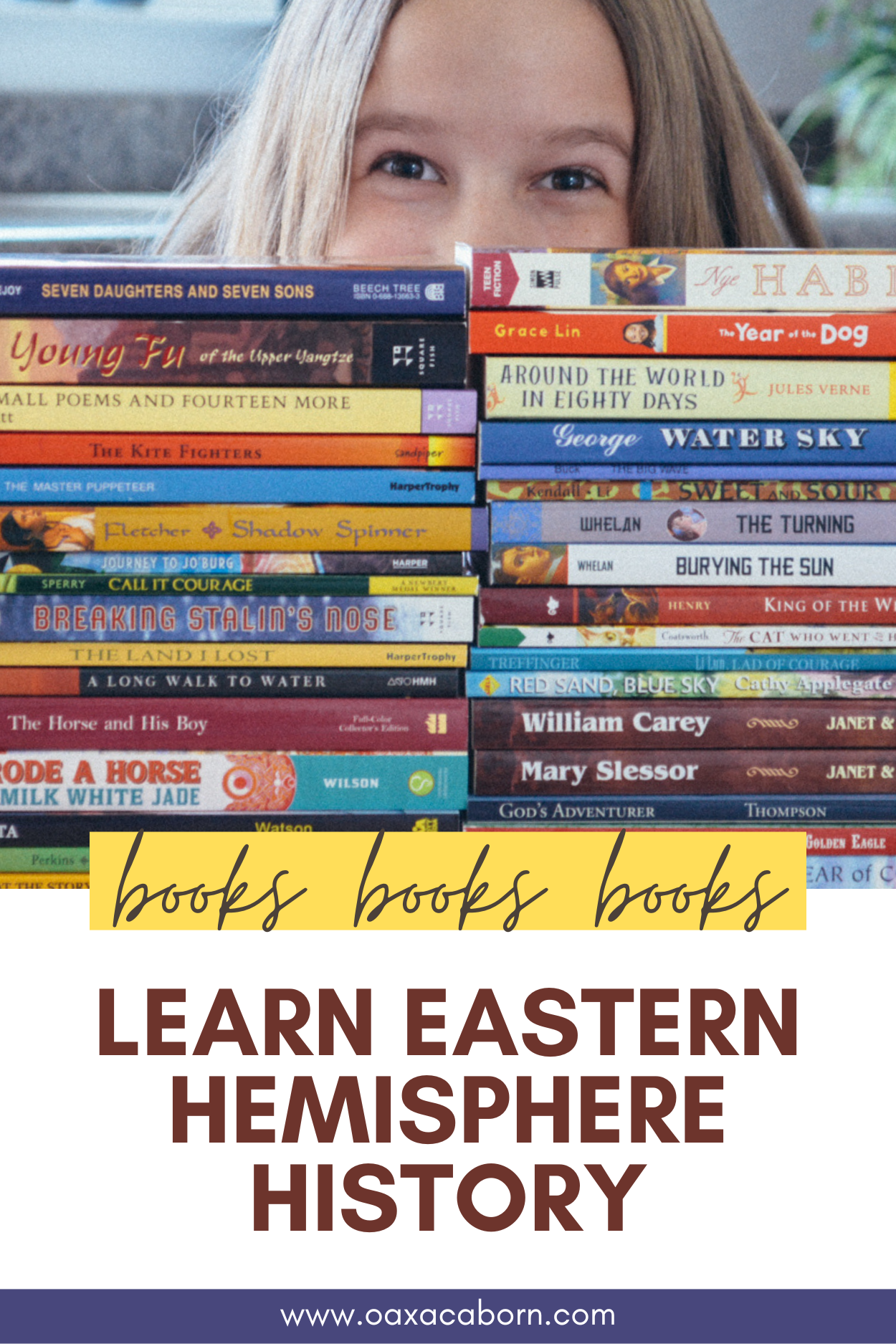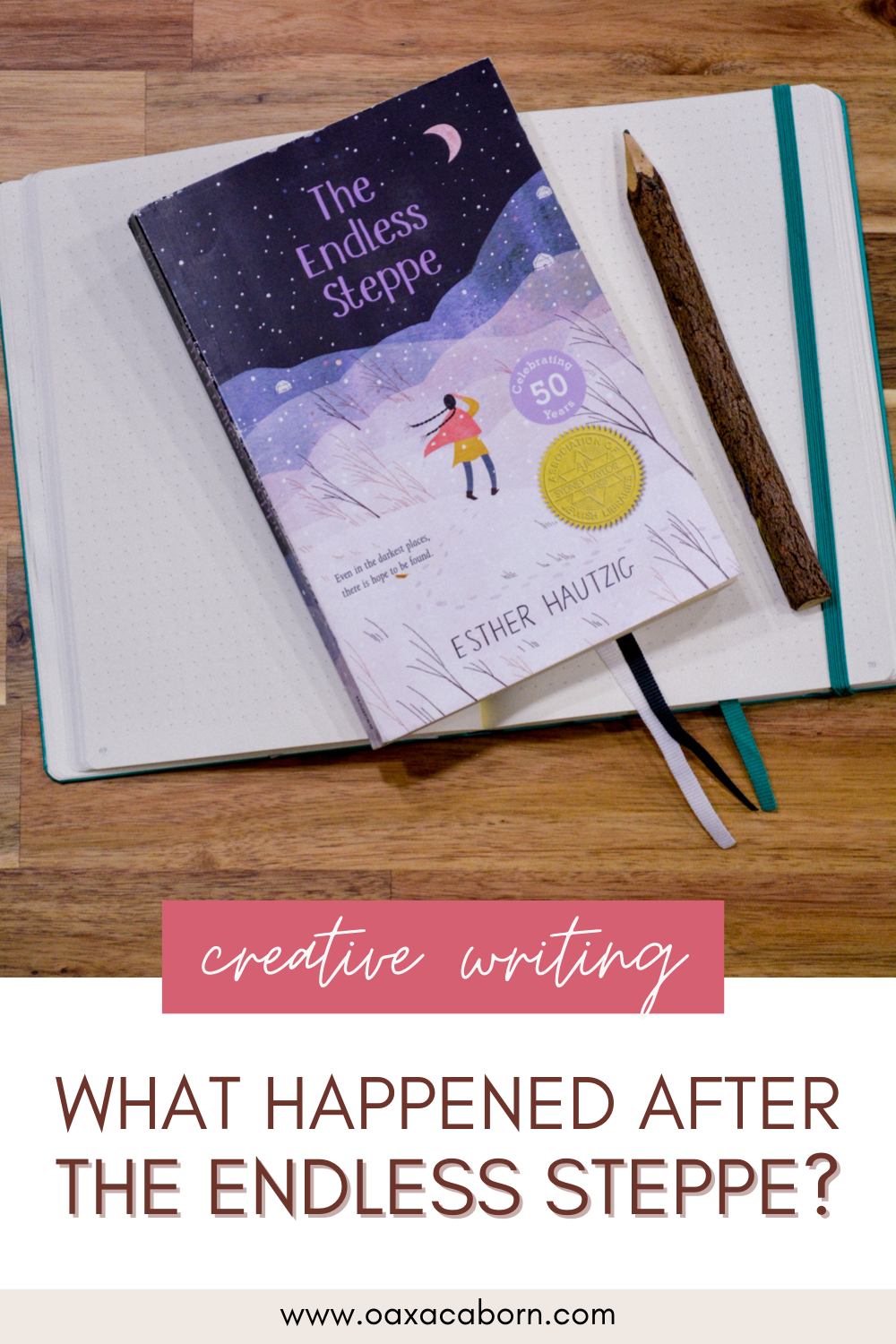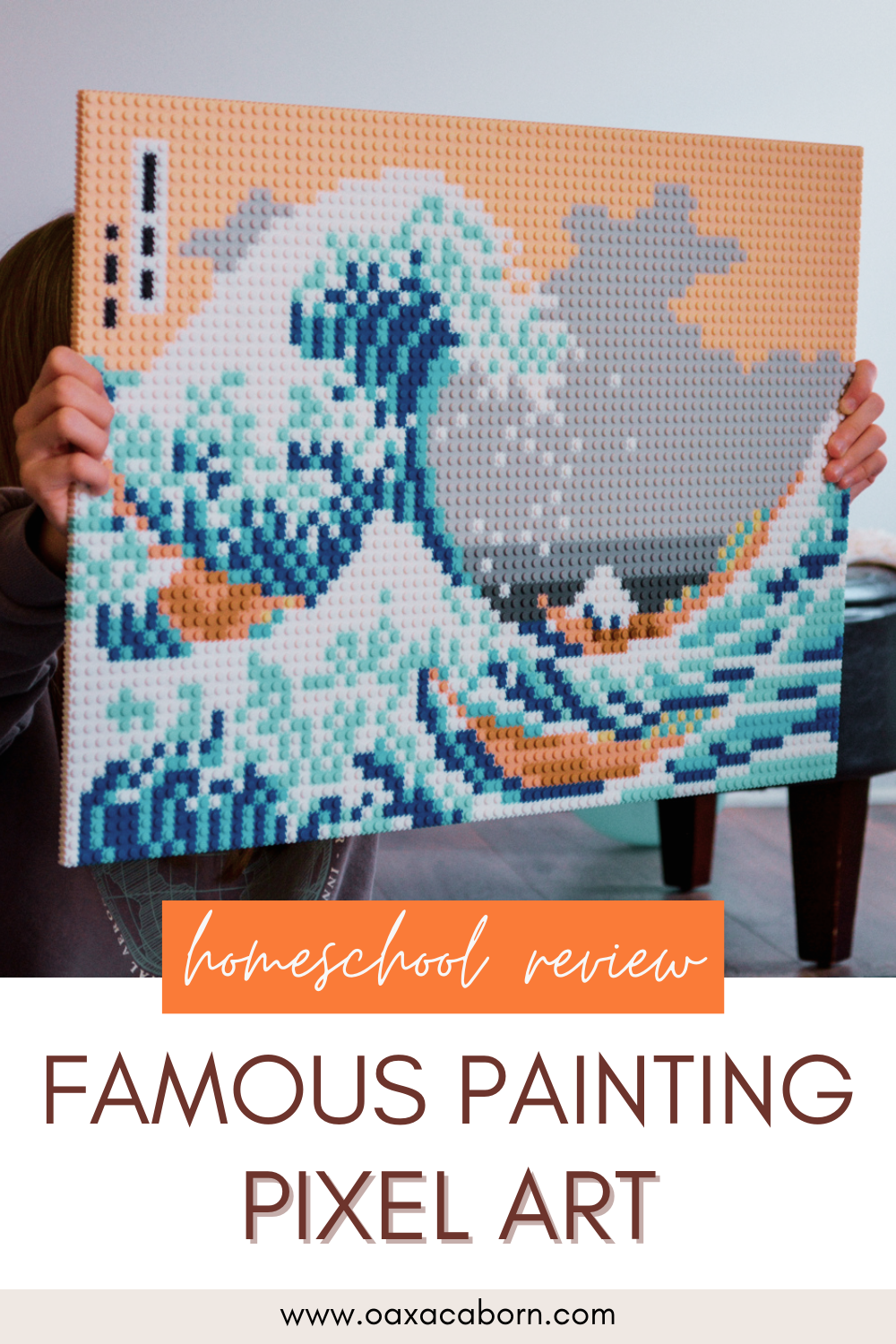
Disclosure: Sonlight provided me with History/Bible/Literature F: Eastern Hemisphere (4-day version) and compensated me financially for this post. I have used many Sonlight products in our homeschool prior to reviewing this product. All opinions — and photographs! ;) — are my own, and I was not required to write a positive review.
The case for exploring non-Western cultures in your homeschool
Finally, Level F! I’ve been waiting to study Eastern Hemisphere countries with Sonlight ever since we opened our first big blue binder years ago. And at last, Aveline is the right age. I’m so excited!
Sonlight’s History / Bible / Literature F: Eastern Hemisphere (HBL F) — designed for students ages 11-14 or grades 6-9 — is a year-long history and literature curriculum focused on non-Western countries. I don’t know of any other program quite like this! (Take a look.)
Continue reading “(Why you should) learn Eastern Hemisphere History with Sonlight Curriculum”







